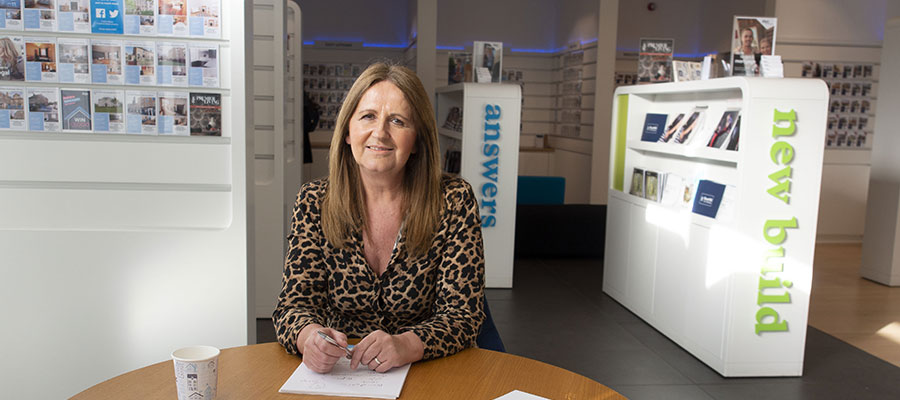Legal experts: making an offer on a house or flat
Legal experts from various ESPC solicitor estate agents offer free legal advice to buyers and sellers at our Property Information Centre every day – we asked them what questions they are most frequently asked for our new Legal Experts article series.
This article is the first one in the series and looks at the most commonly asked questions in relation to making an offer on a house or flat.

How much should I offer on a house or flat?
Lots of the legal experts we spoke to agreed that one of the most commonly asked questions related to how much to offer when bidding for a property.
Gary Middlemass from Campbell Smith said people often ask him “how much should I offer?”, while Elaine Del Valle from BTO Solicitors, Kirsten Olverman from Purdie Solicitors and Kenneth Cameron from Fraser Brooks, all identified “how much over the asking price or the valuation should I offer?” to be a popular question. James Armstrong from DMD Solicitors and Estate Agents also noted that “how much over are properties selling for?” is often asked.
Offers over
If a property is priced as ‘offers over’, deciding how much to offer can often be the trickiest part of the buying process. The asking price will generally be set below the valuation to encourage viewings and the seller will likely be hoping to secure a sale price above the amount quoted. The amount you offer will depend on your budget and what the property means to you, and require market knowledge, commercial instinct and a bit of luck.
Your solicitor estate agent will play a crucial part in helping you come to a decision about how much to offer, by providing useful statistics about the area you are planning to purchase in and how much properties there are selling for, and using their knowledge and expertise about the market.
Fixed price
With ‘fixed price’ properties, the seller will generally just be looking for someone to offer the asking price and the first person to do so will usually secure the property, subject to additional terms and clauses. However, fixed price properties won’t always achieve their asking price, and this can be negotiated – your solicitor will be able to advise you in this regard.
Other pricing terms
‘Offers over’ and ‘fixed price’ are the two most common pricing terms in Scotland, but there are various others, including ‘offers around’ and ‘offers in the region of’. These two terms generally mean the seller is looking for an amount around the asking price, but again, your solicitor will be able to use their expert knowledge to advise on what to offer based on the pricing term.
What is a note of interest?
James Armstrong from DMD Solicitors and Estate Agents revealed that people often ask what a note of interest is. If you are interested in making an offer on a property, it’s usually best to have your solicitor ‘note interest’ on your behalf.
This doesn’t cost you anything or commit you to anything but confirms your serious interest in a property so usually means you are kept informed of developments. It also generally means you will get the opportunity to make an offer if a closing date is set, although it doesn’t guarantee the right to make an offer on the property.
What is a closing date?
James also noted that people often ask about closing dates. If a note of interest has been made, a closing date may be set, and all offers must be submitted by that date. It’s a blind auction so you won’t know how much others are bidding.
There is also no legal requirement to fix a closing date – the seller can instruct their solicitor to accept an offer without having a closing date and without giving other people who may have noted interest the chance to offer. Your solicitor will be able to advise you further about closing dates and what they mean for you when buying or selling a property.
Free legal advice
Got any questions about buying or selling a house or flat? We offer daily drop-in sessions with legal experts at our George Street Property Information Centre so you can get the advice you need.